A Guide to Cholesterol and How It Affects Our Body
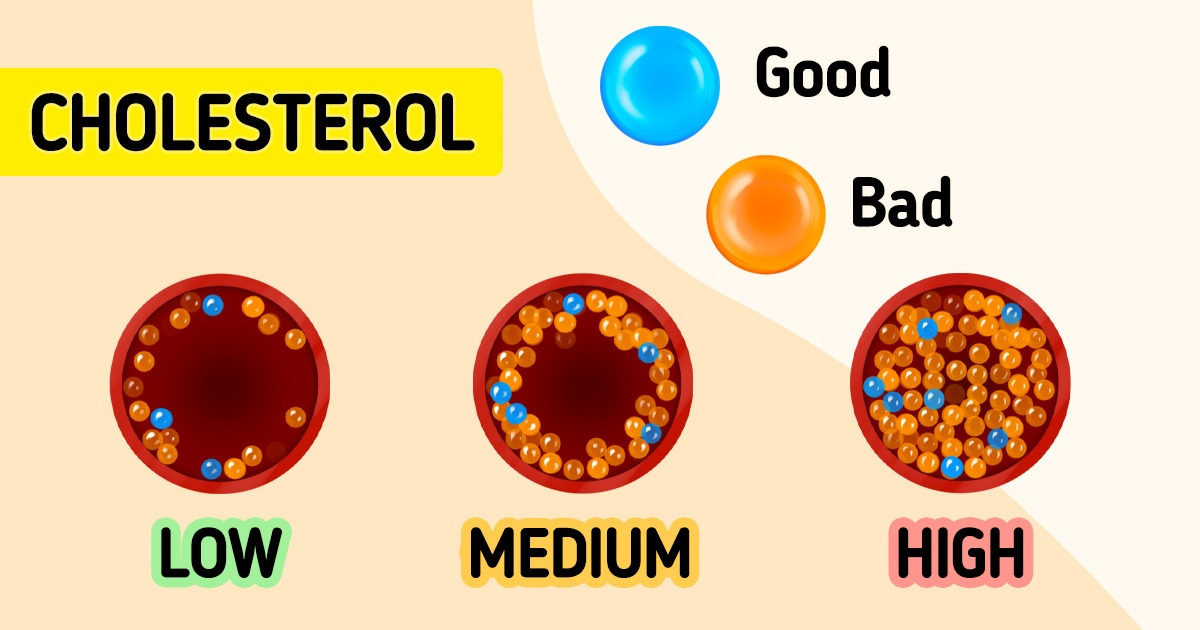
We often hear that high cholesterol is harmful. If you are interested in this topic, it means you are not indifferent to health-related questions. And that’s great!
5-Minute Crafts will help you figure out what cholesterol is, what role it plays in our body, and what to do to keep it in check.
❗ It’s important: This article is for informational purposes only and doesn’t replace the recommendations of experts.
What cholesterol is
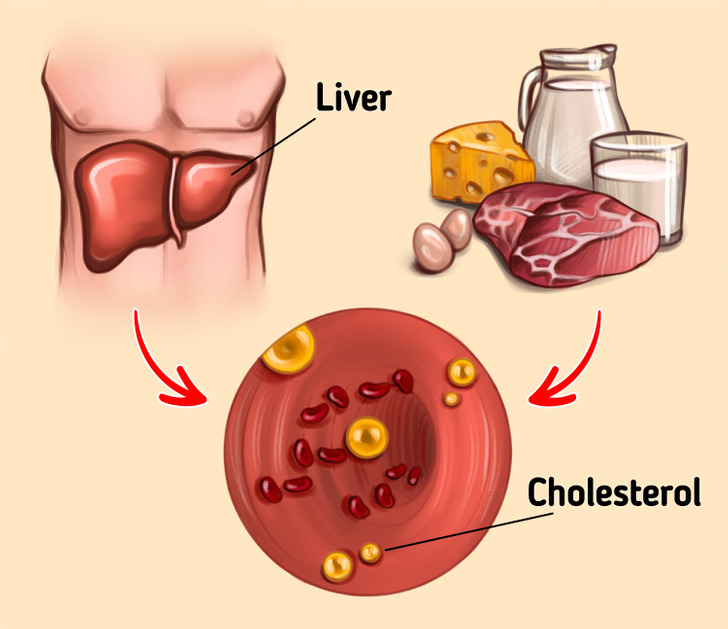
Cholesterol is a type of lipid. It is not harmful by itself. Cholesterol is necessary for our body to form cell membranes, as well as to produce vitamins and some hormones. Issues arise only when there is an excess of it.
Approximately 3/4 of the cholesterol in our body is produced by the liver, the rest we get from the food we eat — mainly animal products. Foods high in saturated and trans fats cause the liver to produce more cholesterol than it needs. And for many people, this excess turns into an unhealthy indicator.
Why we need cholesterol
We have already mentioned that cholesterol is produced by the liver. It travels through the bloodstream through little “carriers” called lipoproteins. Due to the presence of cholesterol in the blood:
- the structure of our cell membrane is shaped
- important hormones like estrogen, testosterone, and adrenal hormones are produced
- metabolism in the body gets better. For example, cholesterol is needed to produce vitamin D
- bile acids are produced to help with the breakdown of fats and the absorption of other important nutrients
High cholesterol
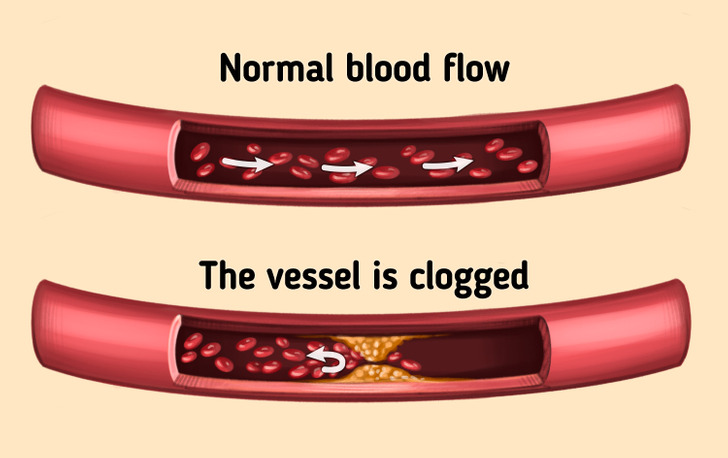
Above, we mentioned lipoproteins. Simply speaking, these are proteins + cholesterol. It’s in this combination that cholesterol moves in the blood. Depending on the type of lipoproteins there are 2 types of cholesterol — “good” and “bad.”
- “Good” is the one that is there in high-density lipoproteins. They carry cholesterol from different parts of the body back to the liver, which then gets rid of it.
- “Bad” cholesterol is part of low-density lipoproteins. It is its excess that contributes to the appearance of plaque in the vessels, hence the name.
Thus, excess “bad” cholesterol can settle on the walls of blood vessels and clog them, preventing the movement of blood. If left unattended, this situation can lead to heart problems over time.
How to avoid high cholesterol
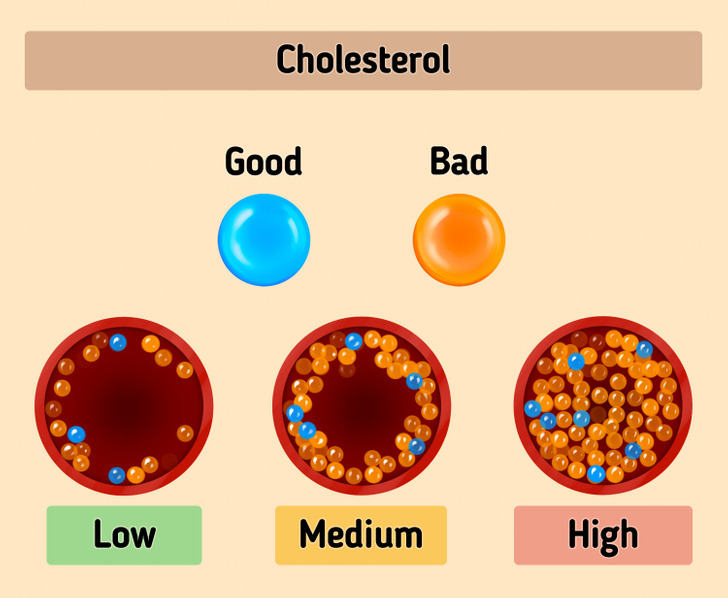
The main thing you can do to keep your cholesterol at a normal level is to maintain a healthy lifestyle. In particular, this refers to diet and physical activity.
- Eat less fatty products. Instead of frying food, try roasting, grilling, or steaming it.
- Add more fruits and vegetables to your diet.
- Replace bread and pasta with whole-grain analogs.
- Set aside some time daily for physical exercise.
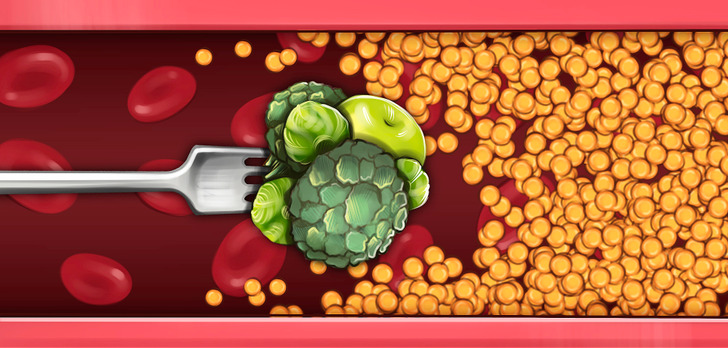
The risk of high cholesterol levels increases with factors like excess weight, genetic background, and age. Regardless of the cause, improved nutrition and a healthy lifestyle can greatly reduce the likelihood of cholesterol problems.
Nevertheless, this is for informative purposes only. If you suspect increased cholesterol, see a doctor right away.